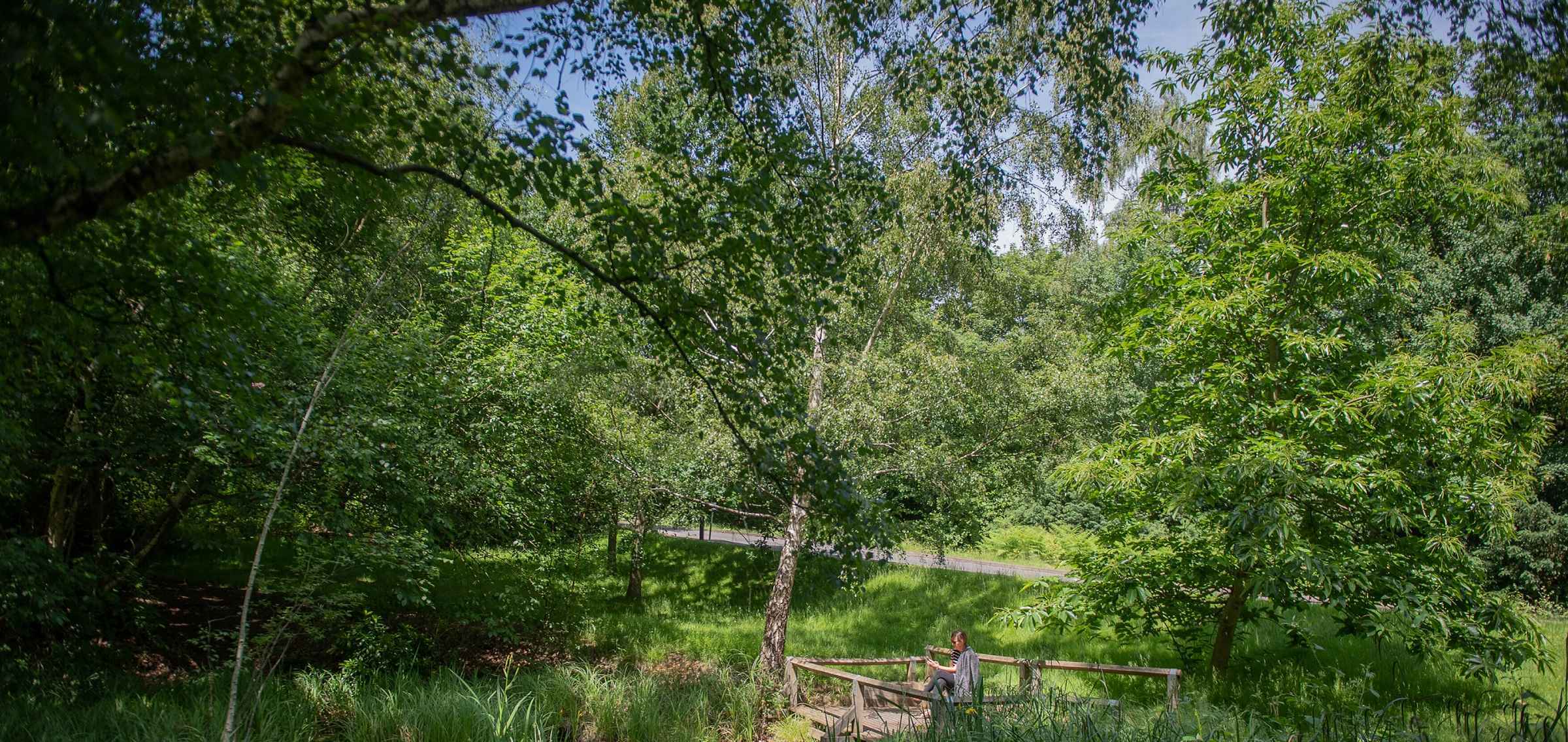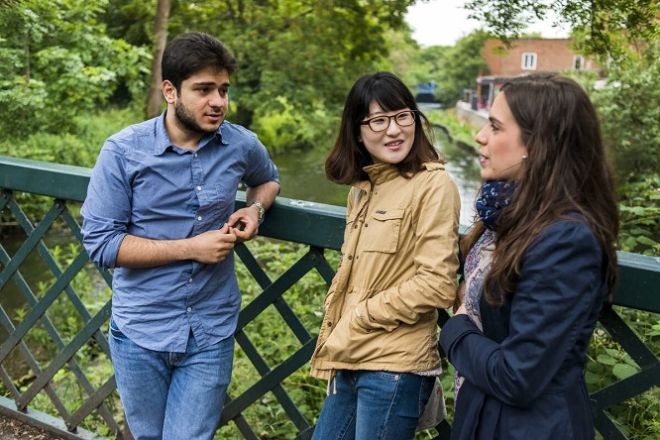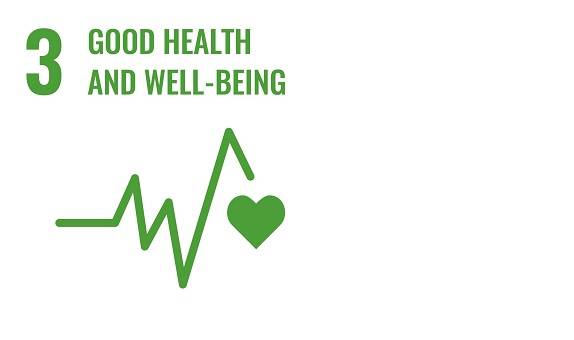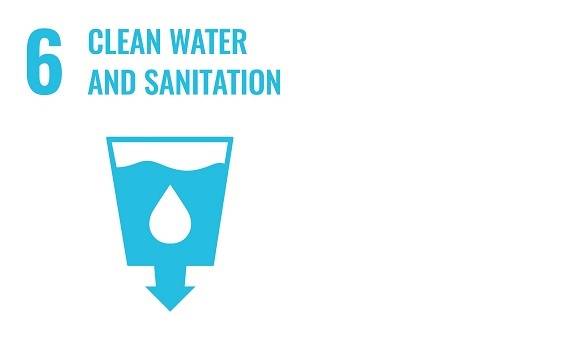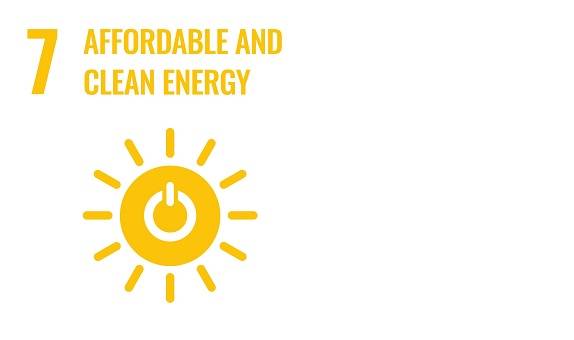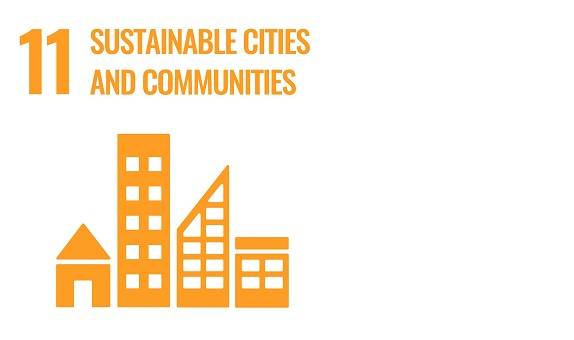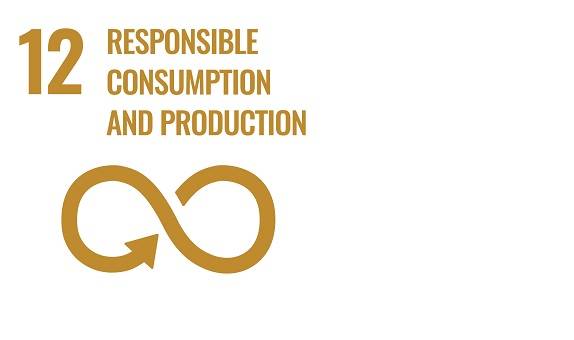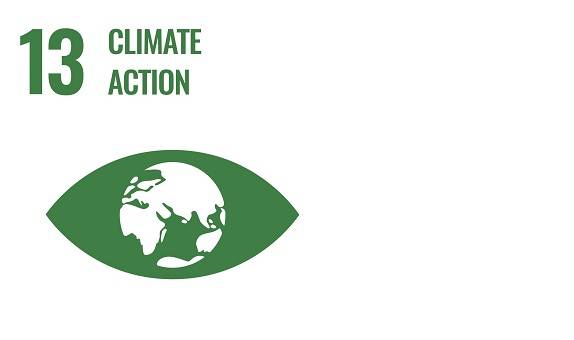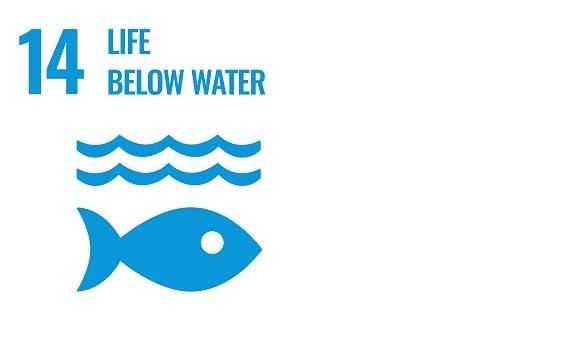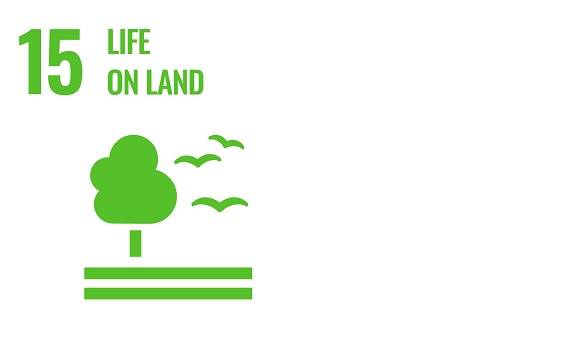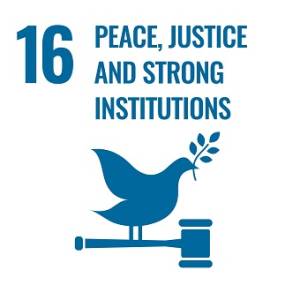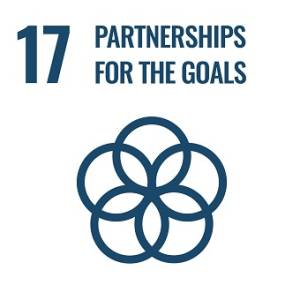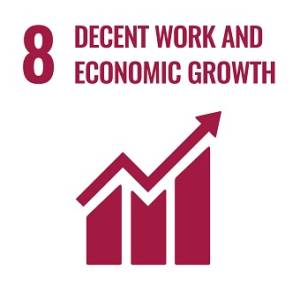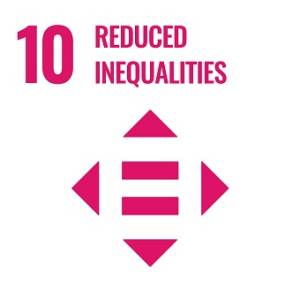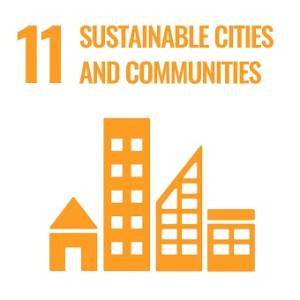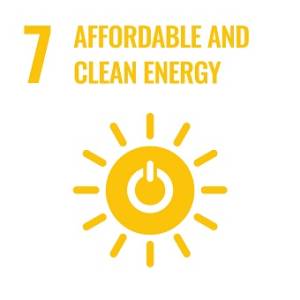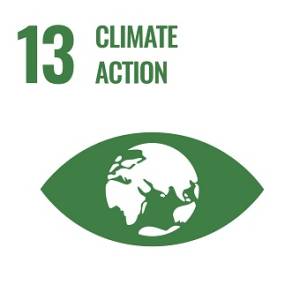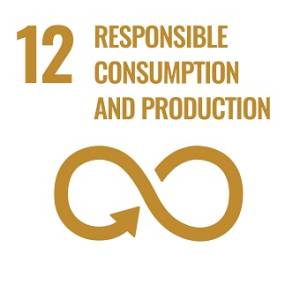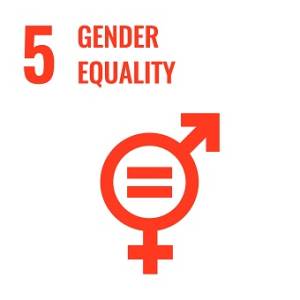Our Sustainability Plan
Sustainability at Kingston University 2021 to 2026
Kingston University's Sustainability Plan can be read on this page or downloaded as a PDF.
Introductory messages
The development of Kingston University's Sustainability Plan has been important enough that it was not pushed aside during the immense operational imperatives we faced during the pandemic. If anything, it confirmed for us how adaptable and resilient we are as an institution, which has given impetus to this plan and confidence in declaring its breadth of action. Giving sustainability our full attention is the right thing to do, and has significant support amongst staff and students. Our staff and students understand the scale of sustainability challenges and are clear about the importance of leadership and ambition in this area, as we re-imagine business as usual.
We are fortunate to be building on strong foundations. Kingston University has a history of sustainability leadership. We were home to one of the earliest dedicated academic centres of excellence for sustainability in teaching and learning, a dedicated sustainability team at the heart of university management established robust operational processes and innovative delivery that raised the profile of sustainability across the organisation. These pioneering approaches are now maturing. This plan commits us to embed sustainability across all areas, building it into our ways of working and to collective responsibility for delivery.
Our recent commitment to the United Nations Sustainable Development Goals (SDG) Accord, which I proudly signed, reflects the continued importance we place on sustainability and our role connecting agendas locally and globally.
Professor Stephen Spier, Vice Chancellor

Kingston Students' Union has been involved in the development of this plan at every stage to ensure student perspectives are reflected and to demonstrate our commitment to working in partnership with the University during the plan's implementation.
We know that students can support the delivery of this plan and that they are keen to be part of the solution. It is vital that the student voice is embedded in this plan. It is the next generation of Kingston students who will be most significantly impacted by the consequences of climate change; we owe it to them to do all we can to contribute to this important agenda.
Muna Ali and Yasmin Noor, Sabbatical Officers, Kingston Students' Union
About Kingston's Sustainability Plan
Introductory messages
The ways our students and graduates make their mark on the world is our most significant contribution to our local, national and global communities. Ensuring they are equipped with knowledge, skills and experiences relating to sustainability and can respond to critical global challenges is a priority. Providing the highest quality teaching and learning is part of our core business and this plan outlines how sustainability will be fully embedded.
It will be my responsibility to ensure every student has the opportunity to explore sustainability in the context of their academic programmes, as they develop their personal and professional competencies and support them to understand their own potential to make a positive contribution to local and global challenges outlined by the SDGs.
Helen Laville, Provost and Deputy Vice-Chancellor
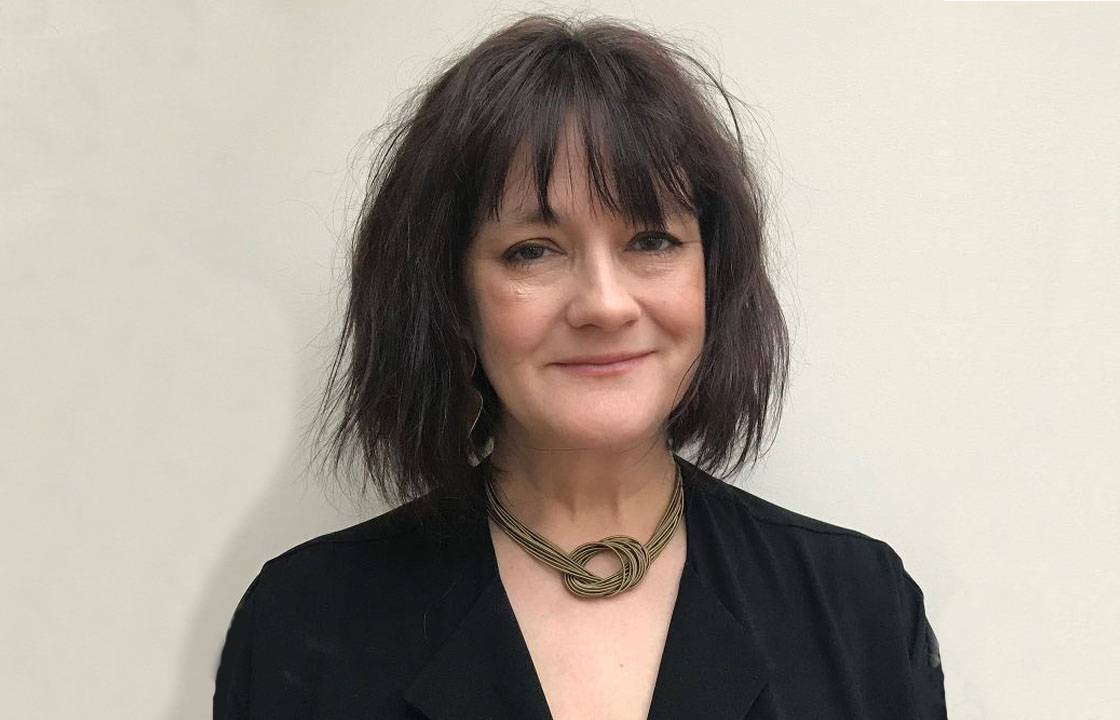
The sustainability impacts we control relate to direct campus operations; how we heat and light our buildings, how effectively we use space and how our developments affect natural habitats and wildlife. We also have significant indirect impacts through our spending and investments. We need to ensure we take an active role to ensure they are managed in ways that aligned with sustainability ambitions and values.
It is my responsibility to ensure sustainability is delivered though our estate and operations, our spending, investments and strategic decisions. I will support staff to understand sustainability and how it relates to their role and responsibility. This will be achieved through our collective ownership and responsibility of the role we play in addressing sustainability. The decisions and choices we make do count and do have an impact. Sustainability will be at the heart of re-shaping our transition to new ways of working for both students and staff, as we emerge from the restrictions brought about by the pandemic.
Caroline Harries, Chief Operating Officer
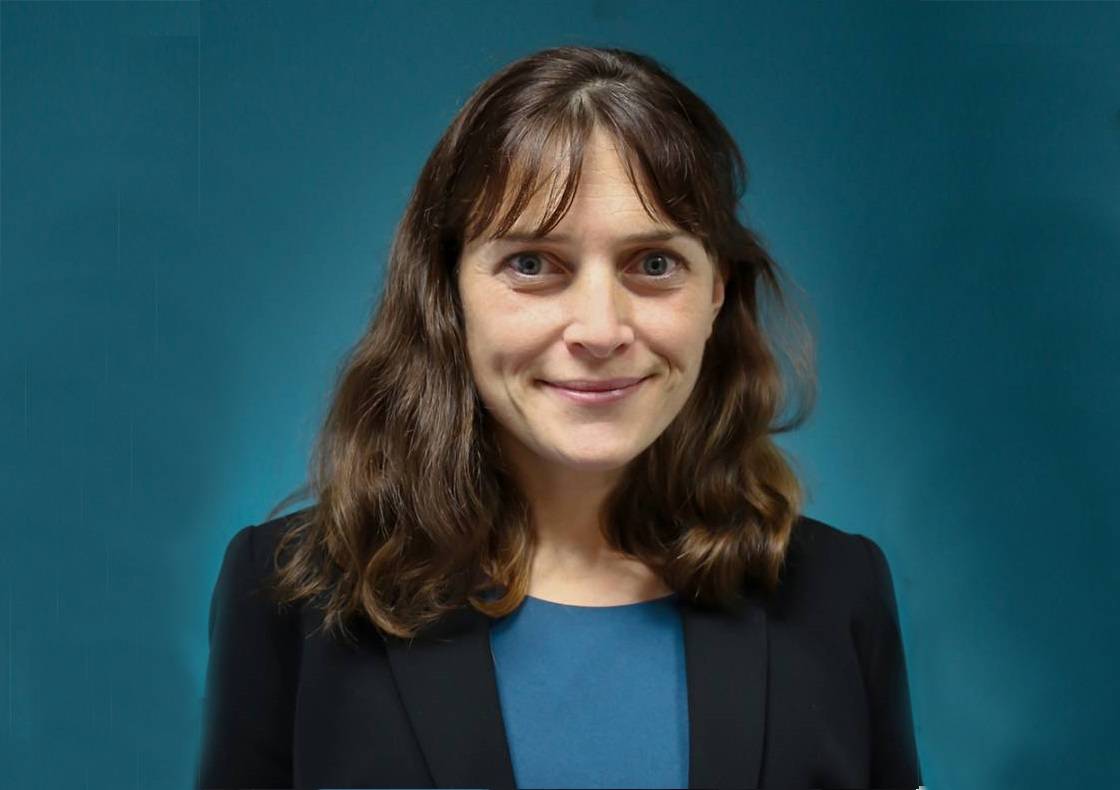
United Nations Sustainable Development Goals
Kingston University has signed up to the United Nations Accord and is using the Sustainable Development Goals (SDGs) as a way of demonstrating its contribution to sustainability. To find out more, please click on the icons below to take you to the relevant pages on the United Nations website.
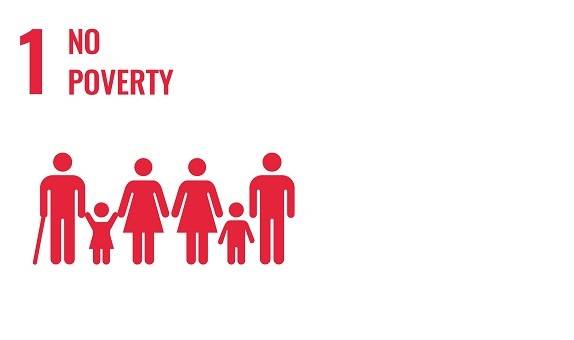
No poverty
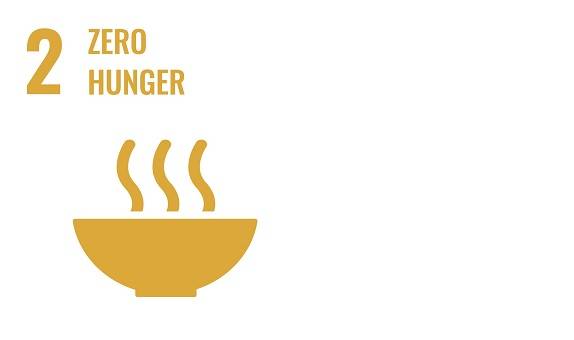
Zero hunger
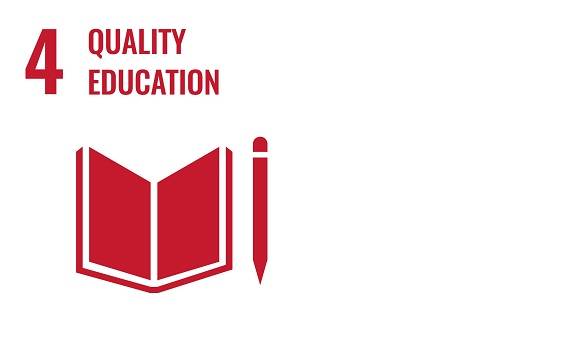
Quality education
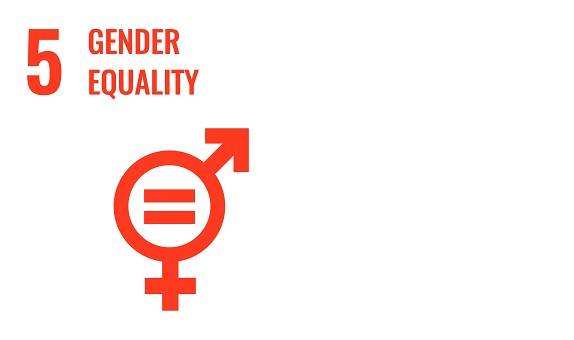
Gender equality
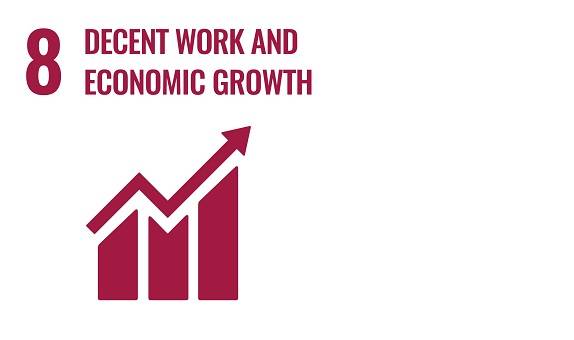
Decent work and economic growth
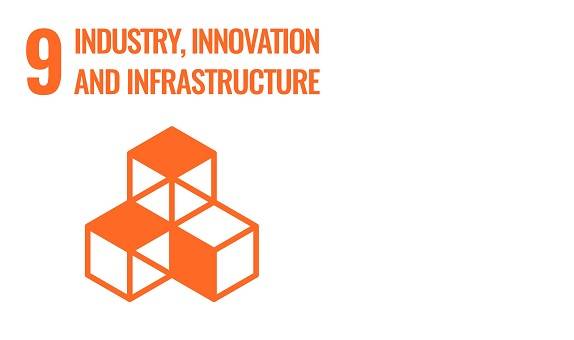
Industry, innovation and infrastructure
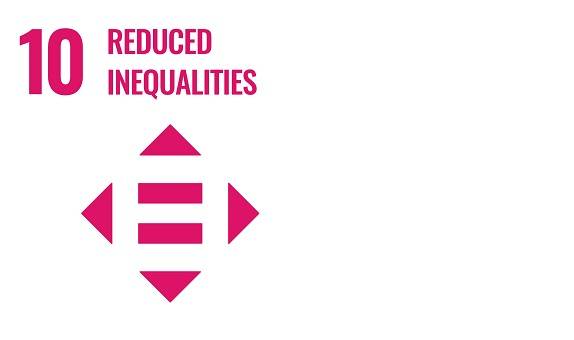
Reduced inequalities
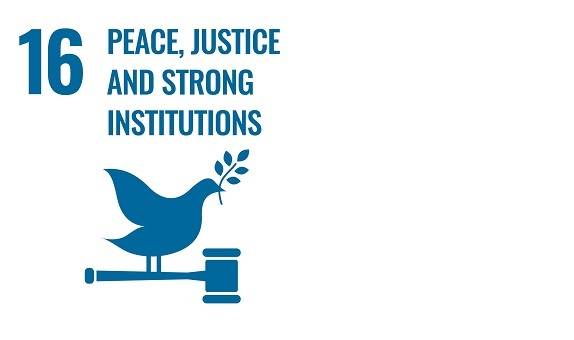
Peace, justice and strong institutions
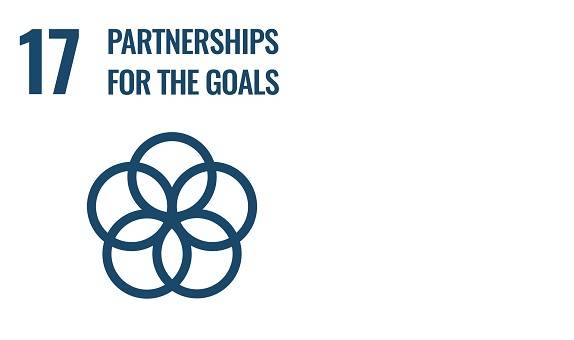
Partnerships for the goals
Overview of our approach
Our twin-strand approach considers our response to sustainability in relation to what we do (teaching, learning, knowledge exchange and research) and how and where we do it (our operations and estate).
Embedding sustainability means ownership of ambitions and targets is shared across the organisation.
Strand 1: Sustainability in teaching, learning, knowledge exchange and research
Developing sought-after graduates is the mission of the corporate plan. Demand for future graduates is likely to be linked to them demonstrating sustainability competencies as delivering national and international net zero carbon targets drives a green economy. (The role of education in addressing skills gaps has already been identified as of importance).
For our graduates to leave with sustainability clearly identifiable as employability attributes, they will need to understand sustainability in the context of their academic programme, how it links to local and global challenges and have opportunities to contribute practically in ways that align this with their own interests and ambitions.
We will support this by embedding sustainability comprehensively across all faculties using innovation through design, delivery and outputs of teaching and research. Opportunities for students to connect the local and global by making meaningful contributions as they learn will be expanded and we will use sustainability as a driver for interdisciplinarity, co-development and curriculum excellence.
Progress in this area will be driven by embedding sustainability into our:
- Course planning and review processes (LTEC)
- Graduate attributes and the work of our student engagement teams (Careers Student Hub).
An academic-led Sustainability Community of Practice will support this by bringing together staff, students and other stakeholders (such as local, business and professional bodies) to ensure our approach contributes to our civic/place-based agenda.
Strand 2: Sustainability through our estate and operations
A regenerative estate is designed with the future in mind. A future where we are not simply managing our environmental impacts but managing our estate in ways that improve the environment, sustaining biodiverse habitats alongside amenity spaces that are valuable to human wellbeing. Achieving net zero carbon and biodiversity net gain will be central to creating a regenerative estate.
In addition to managing the impacts we have on our immediate environment, we will effectively manage our indirect impacts. These include the impacts of our spending and investments which are known to be environmental, social and economic. This will mean making spending and investment decisions that align with our sustainability ambitions and values.
Supporting our staff and student communities to engage with our estate in ways that support sustainability will be critical to success in this area. We will need to build support and recognition for staff into our organisational process and practice. From minimising single use plastics to ensuring buying responsibly, we will support staff to understand their role and get involved.
Progress in this area will be driven by our:
- Environmental Management System (EMS) (Estates and Sustainability) and the achievement of external certification.
- Responsible procurement and ethical finance processes (Procurement and Finance) and the achievement of external accreditation.
This will be supported by and empowered and engaged staff (HR and Organisational Development) and the facilitation of remote working, learning and teaching (IT&S) to ensure our approach embeds best practice across environmental, financial and social activity.
Implementation through innovation
We understand that successful delivery of this plan will require innovation as sustainability is embedded across all areas of activity. Creating the conditions for innovation and collaboration is being built into our approach to facilitate this.
Kingston is a pioneer of sustainability innovation Education for Sustainable Development) and as we have identified, the dynamic nature of embedding sustainability into formal and informal curricula requires interdisciplinarity and creativity. Innovations will also be needed to solve some of the operational challenges of delivering net zero carbon ambitions.
The development of the Kingston University Living Lab will use sustainability as a vehicle to link community and operational challenges with curriculum excellence. Innovative partnerships built around sustainability will be encouraged and supported to drive delivery of our strategic ambitions.
Governance and reporting
Our commitment to the SDG Accord provides a framework for our reporting activity. We will map our sustainability contributions against the SDGs to demonstrate a local and global contribution.
Comprehensively embedding sustainability across the organisation means that responsibility for measurement and management of progress and targets will also be distributed. Performance indicators for sustainability will inform the institutional strategic KPIs – which are monitored by the Board of Governors.
An annual sustainability report will be produced to enable scrutiny and celebration of sustainability activity, this will include the involvement of students. A review of the Sustainability Plan will form part of this annual activity and will report into the senior leadership team and Academic Council.
